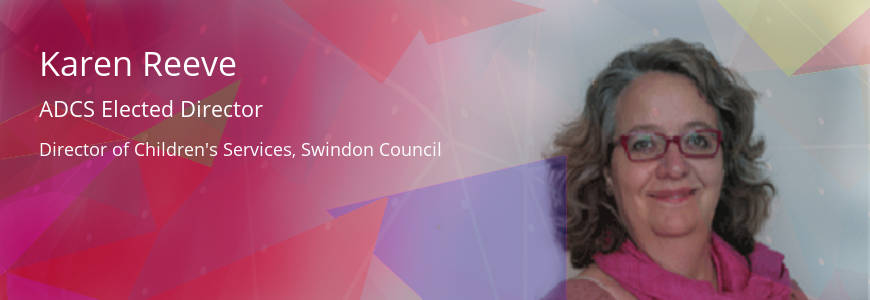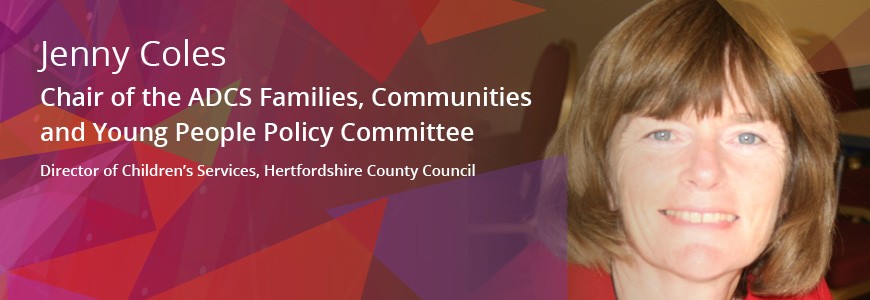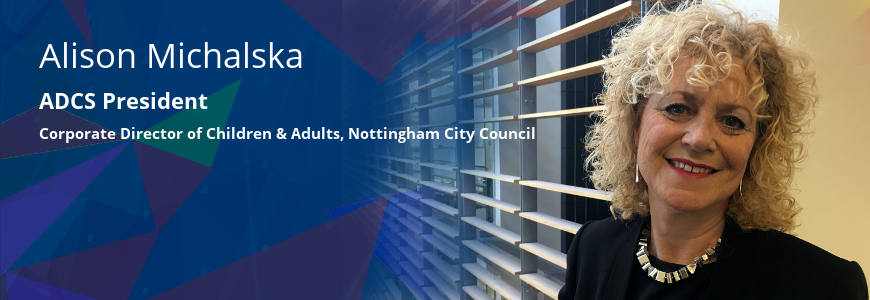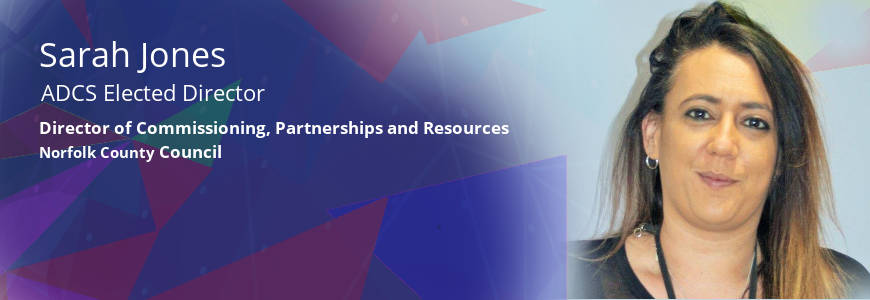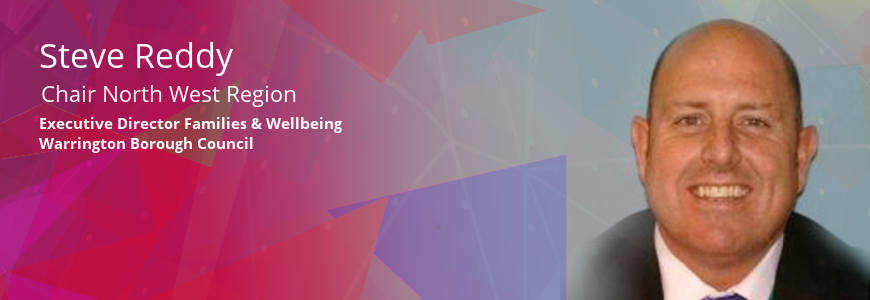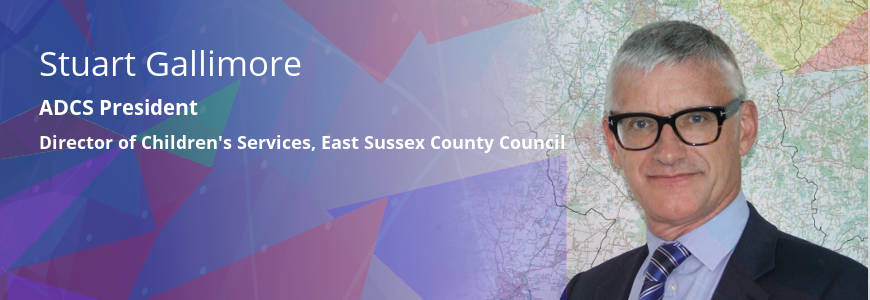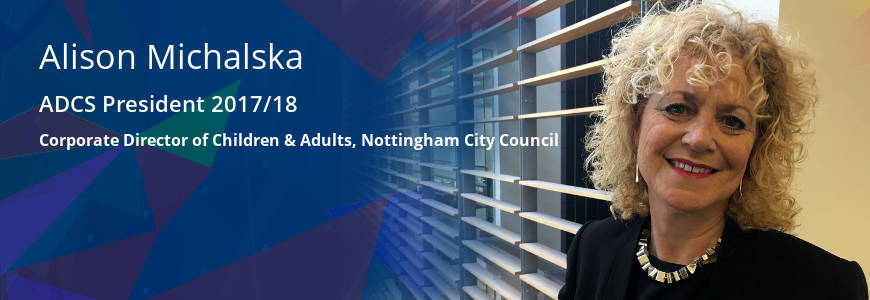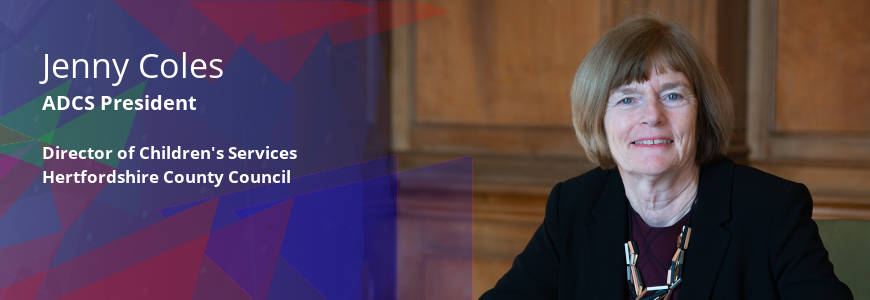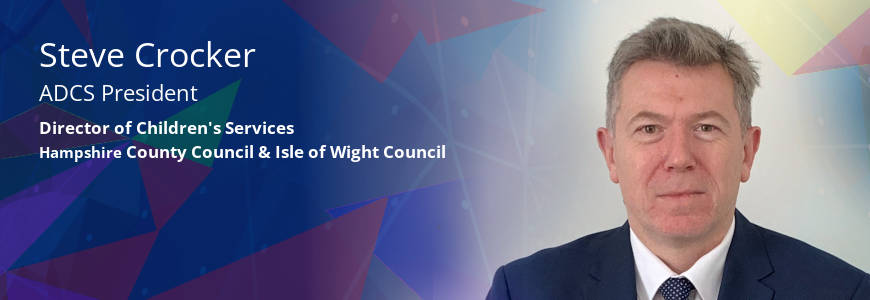Tackling blame culture
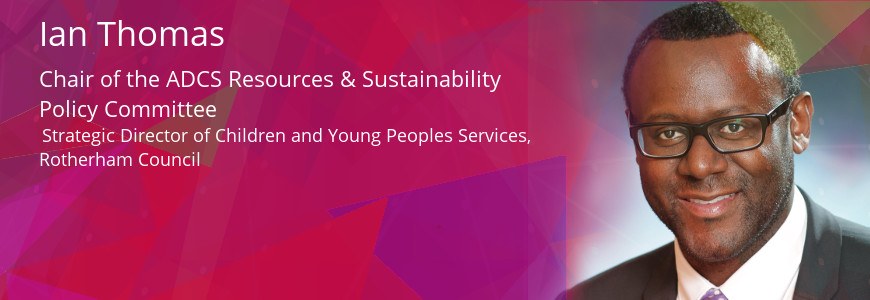
Who’s to blame? The first question posed whenever there is service failure, particularly in children’s services. When a child is abused, seriously harmed or murdered it is almost always at the hands of the very same people who have parental responsibility to protect and nurture their kids. I don’t ever recall seeing a social worker or director of children’s services (DCS) in the dock for such heinous crimes against children. But are we culpable, in part, for this blame culture?
The question of blame occurs because as a sector we have done very little to educate the public about what we do. Our staff support hundreds of thousands of children to stay safely at home with their parents every day. Yes, there have been several fly-on-the-wall documentaries that have been very illuminating, but there has been nowhere near the level of awareness-raising required so that the public comprehend the complexity of the children’s social worker role. I include the government in this challenge to our sector.
What I love the most about my role is going out with my workforce, as they undertake assessments and direct work with vulnerable families. More often than not, I leave the house we’ve visited thinking ‘I hope that kid will be alright tonight’. And it isn’t because any serious risks have been identified that we are leaving behind but we know that some of the parents we work with are masters of disguised compliance. The social worker role requires someone who is intelligent, highly trained and who must carefully balance risk, with the ideal of the child staying where they fair best and that is with their family. Child development needs are assessed, together with parental capacity to protect and nurture their children; and wider environmental factors such as housing, economic standing etc. Where operating models are in place, strengths-based approaches are used to develop family resilience; academic research and learning from serious case reviews help to skilfully analyse the situation from the child’s perspective and formulate judgements.
In a relatively small number of cases children are removed from their parents through the courts, where it is in the best interests of the child. At 70,000 this represents 18% of the 400,000 children in need social workers support in England. It follows then, that 82% of children are enabled by these skilled professionals to stay at home. In the better authorities, their intervention is complemented by good edge of care provision; and an effective early help offer, that facilitates access to universal services and intervenes early to prevent needs escalating as they emerge.
The question I pose reflects a culture of blame in our country, which afflicts our ability to attract and retain the best professionals to practice social work in children’s services. Collectively, I believe we can achieve the shift in paradigm required.
There are examples of when there has been a service failure, such as an adverse Ofsted judgement, and elected members and chief executives have stood by their DCS. There has been a maturity in these places, where it is acknowledged that the system we oversee is imperfect, we rely on many humans to make good decisions and within all of that, mistakes will be made. If others followed suit, leadership would be more stable nationally, leading over time to better stability throughout the children’s workforce.
Turning back to social workers specifically, let’s raise the profile of the profession and now. The role requires intellect, good judgement and as such, its profile and prestige should be enhanced. This would help negate the thirst to vilify the worker who ‘should have known better’. A parallel could be drawn with teachers in Finland who are held in the very highest regard; the profession attracts only the best graduates and delivers excellent educational outcomes as a result. Also, let’s give them a fighting chance. Given the demands of the role, workloads should be carefully monitored so they are manageable; business support should be available and the physical working environment configured so that teams can sit together and draw on workers’ reciprocal support. IT systems should be agile, easy to use with access to technical expertise. Management should be accessible, supervision regular and reflective; and social workers should have access to high quality continuous professional development. And for heaven’s sake let’s ensure they have somewhere to park the car!
I’m not saying there should never be action taken when there is clear evidence of professional negligence but these will be in a small minority of cases. No one comes to work to deliberately do a bad job and we are hopeful that the reforms in the Children and Social Work Bill will help ensure standards are improved and are consistent across the country.
If we action the above, as a system, over time, the research question at the head of this blog will not need to be answered… as it won’t exist at all.
Related Blog Articles
This week I attended the annual social work conference in Swindon. It was a...
In Care
I’ve always been a bit of a data nerd, right back to when I did some work on...
In Early Help & Families
Peter Clarke, HM Chief Inspector of Prisons, recently presented a shocking...
In Youth Justice & Secure Estate
Last month we celebrated National Adoption Week and this year’s theme was...
In Care
It’s been three years since I wrote my first blog for ADCS, based on Wonder...
In Care
I’m writing this blog before I’m due to go on holiday and hoping the fiasco...
In General
‘Can’t get one for love nor money’. This is a phrase frequently used by...
In Workforce
There’s a common myth that does the rounds in the run-up to all elections....
In Care
One of the privileges that come with being the ADCS President is that you get to...
In Safeguarding & Child Protection
I recently chaired a workshop on suicide prevention at the ADCS annual...
In General
In normal times, yesterday would have been the day of my Presidential Reception,...
In General
As my year as ADCS President draws to a close, I’ve spent some time reflecting...
In General
Hi I’m Cassie, one of around 600 children and young people in care living in...
In Care
As we move into the festive season, by turn I feel overwhelmed and yet...
In General
As I write this it’s finally beginning to feel a bit like Christmas. My...

